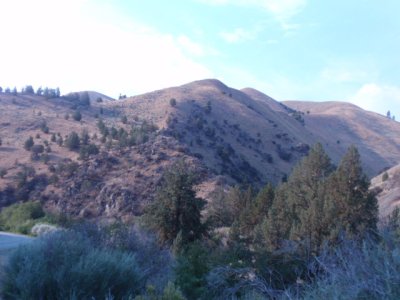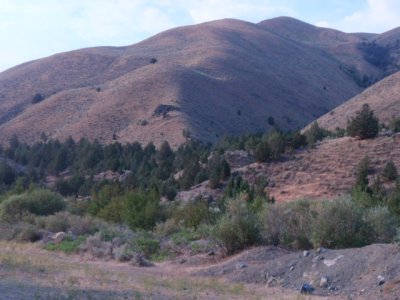I would get an attorney to review the easement with the utility company, one that specializes in this type of easement......Now, storytime: I have heard of an easement made with a pipeline/natural gas/utility company where the easement was for the company to be able to add pipeline to the property. Take note that this does not specify the size of pipelines, number of pipelines, or that the company has to compensate the landowner for each disturbance to the property each time a pipeline is added, or that the property owner gets compensated for each additional pipeline, at the current rates, that is added. Now imagine everything that the company can take advantage of with this easement.....It has happened. Easement was created, company has now added multiple pipelines of sizes well above the original pipeline multiple times destroying the pasture each time pipeline is added without the property owner being compensated. This easement is still in place, the property owner can't change it, and the utility company can add more pipeline to this day without consequences. Enter another created easement. This one specified a limit on size of pipeline that may be installed, required company to compensate property owner for each and every disturbance at current rates (may have been so much above current rates, limits the number of pipelines that are installed, and has requirements of the company if the pipelines fall into non-use/are abandoned. An additional line has been added to this location as well, but I think that possibly a whole additional easement was required to be obtained by the utility company, and the property owner was compensated nicely for it and not ran roughshod over by the utility company like the property owner with the first easement.
FSA will be good for agricultural easements. They will be limited in their knowledge and ability to assist with a utility easement, as am I.



